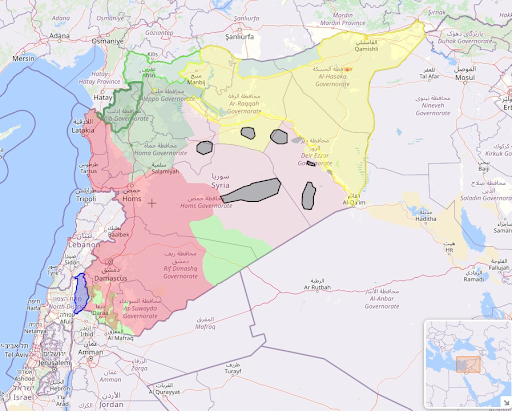
Beijing Hosts Trilateral Meeting Between Iran, Russia, and China: Call for Ending Sanctions and Diplomatic Resolution of Nuclear Issue
Beijing hosted a high-level trilateral meeting on Friday, bringing together deputy foreign ministers from Iran, Russia, and China to discuss Iran’s nuclear program and broader...



































